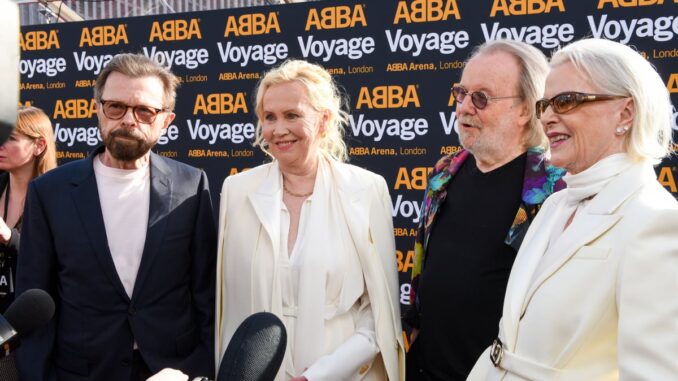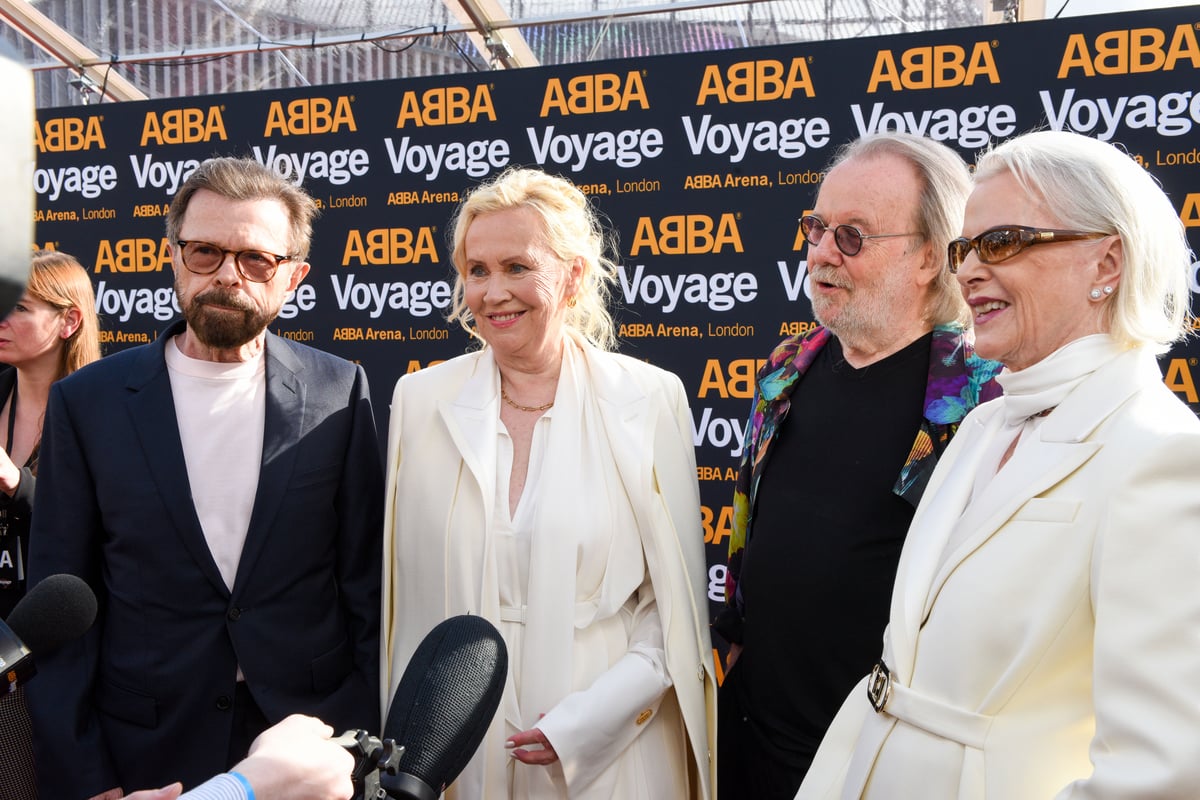
When ABBA was declared ‘the enemy’ in Sweden
The documentary ‘Against the Odds’ sketches the ups and downs that accompanied the band’s success. Though considered uncool in the 1970s, the most unlikely rock and punk rock stars were listening to them on the sly
No one is a prophet in their own land, as they say. ABBA claims they never expected to win the Eurovision Song Contest in Brighton, England, in 1974, with Waterloo, the song that lives on in our collective memories when other winners do not.
Surprised by their success, ABBA was also bewildered by the furious reaction it triggered in Sweden, culminating in a huge demonstration on the streets of Stockholm against the country hosting the following year’s contest: it is said that 200,000 people took to the streets, some armed with violins and flutes. The 1975 event did finally take place in the Swedish capital, but an alternative festival of folk, rock, jazz was staged alongside it in a bid to combat the commercialization of music. Faced with this backlash, Sweden neither participated in nor broadcast the Eurovision in 1976.

Like the Eurovision Song Contest itself, ABBA’s music was highly commercial, which was the worst thing you could be in the 1970s, a time when rock, in the shape of Led Zeppelin, Pink Floyd, and the Rolling Stones, boasted an artistic superiority and social relevance, although this status was already under threat from U.S. disco music. But in the 1970s, committed singer-songwriters, often inspired by a cause, were respected as there was a lot to protest about. Punk, with its raw anti-establishment stance, was around the corner. Against this backdrop, ABBA’s fresh, hedonistic and unpretentious pop was scorned. “Their tradition is that of commercial music;” said a scathing Swedish press. And, “They make shit, albeit luminous shit;” and most damning of all, “They are the enemy.”
All this is included in the BBC documentary ABBA: Against the Odds, a shocking account of the band’s ups and downs. Directed by James Rogan, it examines their five years together, from Brighton to the early 1980s, and winds up on the eve of their separation, which was never made official. They simply stopped recording and performing.

Leave a Reply